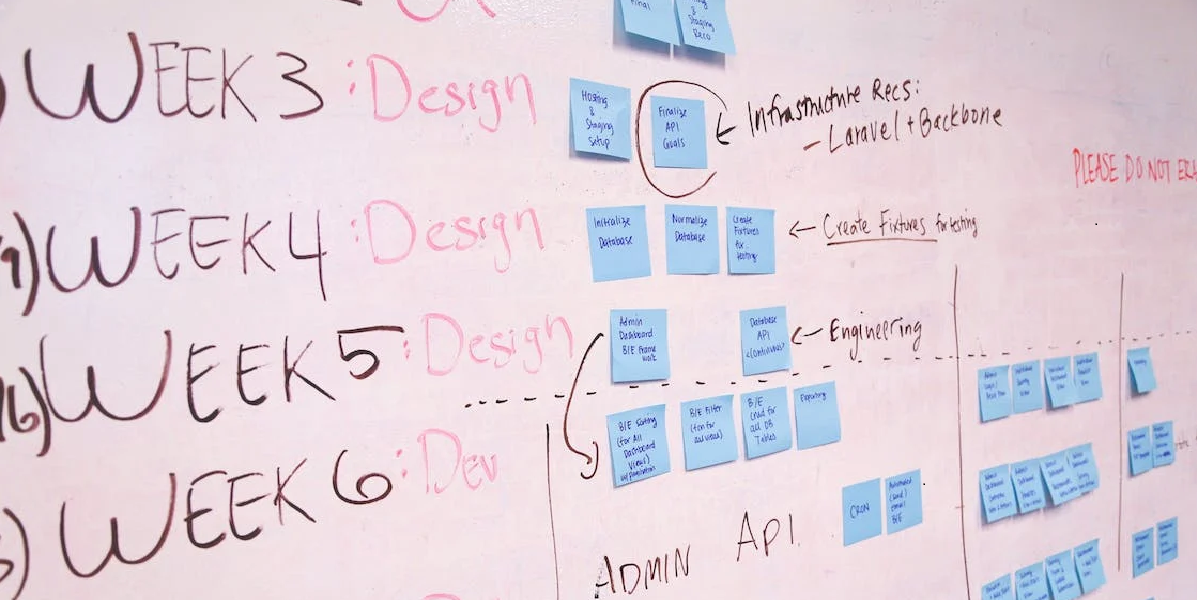The Project Manager figure is often little understood in what its real value is: by most people, it is associated with that person who “is good at forwarding emails”.
But…are we sure that this is only what a Project Manager does?
And, above all, do we have any idea how crucial the project manager contribution can be in strategic projects such as Market Entry Strategy?
The Market Entry Strategy projects are characterised by the following reference scenario:
- The Company is faced with a new context, with rules and dynamics that are different from those to which it has been accustomed to. The Italian Market – especially the Healthcare & Lifesciences one – is complex and has local peculiarities such as in the Regulatory and Legal areas which are quite different from the other European Countries.
Potential issue: inability to operate due to lack of knowledge of the new environment - When the Company is a multinational that enters the new market as ‘start-up’, with organisational models mixed between Global and Local levels, the complexity is higher.
Potential issue: delays and/or no compliance due to the adoption of rules and actions that generally have always been used in different contexts - In addition, the area impacted by these projects is very extensive: the functions involved are numerous and belong to different teams, some responsibilities are externalized to third parties due to limited internal resources (especially at the beginning phase). Interactions are multiple and could be messy sometimes; to be effective they need to have a unique direction.
Potential issue: less effectiveness due to the absence of a single point of reference
1. WHY
So, based on the above scenario, it is crucial for the Company to have an external support because Project manager:
- Has knowledge of the Healthcare & Lifesciences market due to the direct experience with other Companies in the same sector
- Knows how to liaise on different levels (global/local) so as to bring them closer together
- Knows how to identify the key requirements needed to launch the activity and how to guide the Company in their implementation
- Plays a reference and a coordination role between the stakeholders involved, so as to allow them to concentrate on the core tasks, guaranteeing the quality and output of the project
2. WHAT
The key points to pay attention to are:
Set the Project Masterplan that:
- is designed together with the project leader and shared with the project team
- is defined with the right balance of detail
- shows an overall vision that takes into account activities at global, national and territorial levels
Identify the Core team that:
- is committed and believes in the project mission and objectives
- is able to work in a cross-functional way, based on a collaborative and team logic approach where each stakeholder shares its knowledge with the others
- accepts the project manager as a ‘part’ of the team, recognizing him/her as a key player for the success of the project
Plan the SAL Meetings that:
- Have a well-defined frequency being at the same time, flexible according to the business requirements
- Involve stakeholders appropriately based on open points and critical issues to be discussed
Give a support in the content development with attention to:
- Guarantee quality of the deliverables in line with the project goals
- Produce contents that can be understood and used at every level (global/local)
- Ensure the participation of all stakeholders needed to cover all the issues
3. HOW
Based on the above points, we can identify two PMO approaches:
A. Traditional PMO: the Project Manager has a passive role, acting mainly as project coordinator. He/she:
- defines the masterplan
- schedules and manages SAL meetings based on a traditional approach, collecting information and keeping track of it
- interacts with the team only during institutional meeting (eg. SAL, meeting ad hoc) or based on the client request
B. Active PMO: the Project Manager knows the market and the possible key issues and can have a proactive role, acting both as project coordinator and an expert member of the team. In addition to the traditional activities, Active PMO leverages its knowledge to:
- give support in the content development on specific topics
- anticipate possible roadbloacks
- interact with the team with a dynamic and collaborative approach
- strike the right balance between demanding commitment from the team and the effectiveness of the result
- relieves the team of some tasks, allowing them to concentrate on the core ones
Neither approach is wrong but, based on the project context and the client’s needs, we can choose which approach to take.
In strategic projects such as Market Entry ones, an Active PMO approach can guarantee higher quality and resilience to overcome potential issues and let the Company meet key deadlines.
Our aim – as a consulting company – is to offer a proactive support based on experience and context knowledge, which is able to generate positive transformations that lasts over time.
For further information, please contact:
Marina D’ARTIBALE
m.dartibale@eurogroupconsulting.it
Giulia RIPAMONTI


